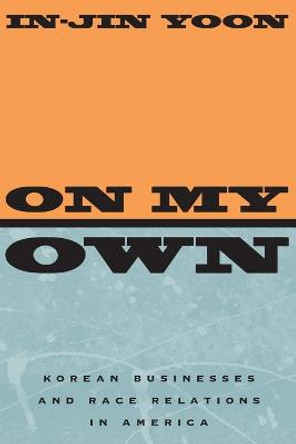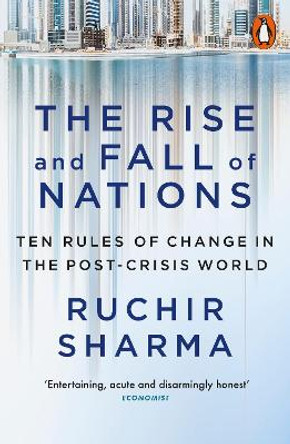Sea-Jin Chang argues that the Korean financial crisis of 1997 was due to the inertia of both the business groups known as chaebols and the Korean government which prevented adaptation to changing external environments. Once the Korean government stopped central economic planning and pursued economic liberalization in the 1980s, the transition created a void under which neither the government nor markets could monitor chaebols' investment activities. The intricate web of cross-shareholding, debt guarantees, and vertical integration resulted in extensive cross-subsidization and kept chaebols from shedding unprofitable businesses. The government's continued interventions in banks' lending practices created 'moral hazards' for both chaebols and banks. This treatment demonstrates how the structure of chaebols later inhibited other adaptations and for all practical purposes became nearly dysfunctional. The book argues that restructuring of chaebols should focus on improving corporate governance systems. After such restructuring, the author predicts, chaebols will re-emerge as stronger, more focused global players.
This book explores the strategies chaebols, Korean business groups, have pursued, and assesses their performance.Reviews'The strength of this book lies in its thorough examination and detailed analysis of the conglomerates' internal operations, their pre-1997 business performance, and the advantages and disadvantages of their growth strategies.' The Business Economist
Book InformationISBN 9780521814355
Author Sea-Jin ChangFormat Hardback
Page Count 378
Imprint Cambridge University PressPublisher Cambridge University Press
Weight(grams) 720g
Dimensions(mm) 236mm * 160mm * 30mm







